Monday
Immigration
An article looks at the challenges ahead for the PM’s Immigration Task Force when it meets for the first time. It examines how student immigration should be controlled. The article states that a large number of international students seek to stay in the UK after their course, because immigration rules are generous in allowing students to switch on to other courses or work in the UK once their studies have finished. It will take more than bluster to slash immigration (The Daily Telegraph).
Tuesday
QAA Future
A draft policy paper (Future Approaches to Quality Assessment – England, Wales and Northern Ireland, the final version of which is due to be released by HEFCE later this month) suggests institutional reviews by QAA could be replaced by internal monitoring by universities themselves. QAA reviews ‘could be abolished’ (THE).
International Students
A HEFCE study reveals that 40 per cent of international students who started undergraduate programmes in 2011-12 after taking a course delivered overseas by the same institution, or by a partner, had entered postgraduate study within two years. This was significantly up on the 30 per cent figure for the 2009-10 cohort, according to the report. Transnational students ‘more likely to progress to postgraduate courses’ (THE).
Wednesday
Graduate Employment
BIS data has revealed that more graduates in England are now in work than at any time since 2007. However, these graduates have also seen a fall in their median salary of more than £1,000 in the past five years. Graduates are earning less but more are in work (BBC).
Thursday
BIS Cuts
The government could scrap student grants and convert them into loans or lower the borrowing repayment threshold for graduates as it looks to make cuts to higher education, suggests Giles Wilkes, special adviser to former Business Secretary Vince Cable between 2010 and 2014. Grants may become loans as BIS wields axe, (THE).
Degree Quality
The Higher Education Academy found that 47 per cent of institutions it surveyed had changed their degree algorithms since 2010 to ensure that their students were not disadvantaged compared to those in other institutions. Some 70 per cent of graduates achieved at least a 2:1 in 2013-14 compared with 63 per cent in 2009-10, according to the Higher Education Statistics Agency. Half of universities have ‘made changes to degree algorithms’, (THE).
Friday
Universities Growth Report
UUK has launched its new report The Economic Role of UK Universities, which says that higher education institutions’ ability to invest for the long term and to remain resilient in the face of international competition, relies on a funding system that ensures financial stability and predictability. Back universities to grow economy, says UUK (THE).



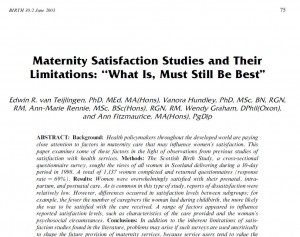
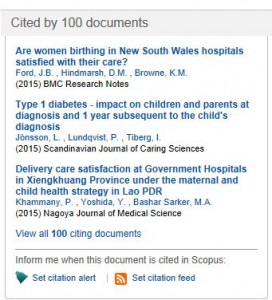

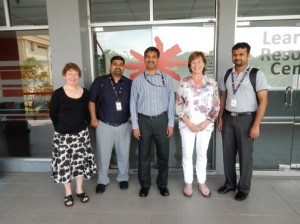
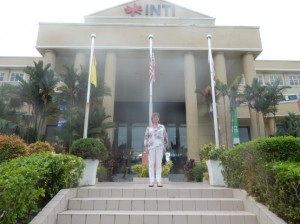
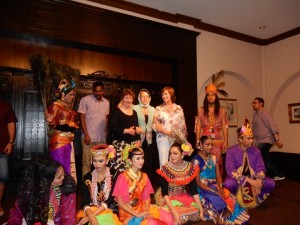
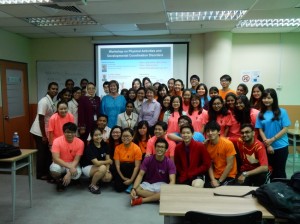











 FHSS academics teaching in Nepal
FHSS academics teaching in Nepal New weight change BU paper
New weight change BU paper One week to go! | The 16th Annual Postgraduate Research Conference
One week to go! | The 16th Annual Postgraduate Research Conference Geography and Environmental Studies academics – would you like to get more involved in preparing our next REF submission?
Geography and Environmental Studies academics – would you like to get more involved in preparing our next REF submission? Congratulations to three former BU staff
Congratulations to three former BU staff MSCA Staff Exchanges 2024 Call – internal deadline
MSCA Staff Exchanges 2024 Call – internal deadline Applications are now open for 2025 ESRC Postdoctoral Fellowships!
Applications are now open for 2025 ESRC Postdoctoral Fellowships! Horizon Europe – ERC CoG and MSCA SE webinars
Horizon Europe – ERC CoG and MSCA SE webinars MaGMap: Mass Grave Mapping
MaGMap: Mass Grave Mapping ERC grants – series of webinars
ERC grants – series of webinars